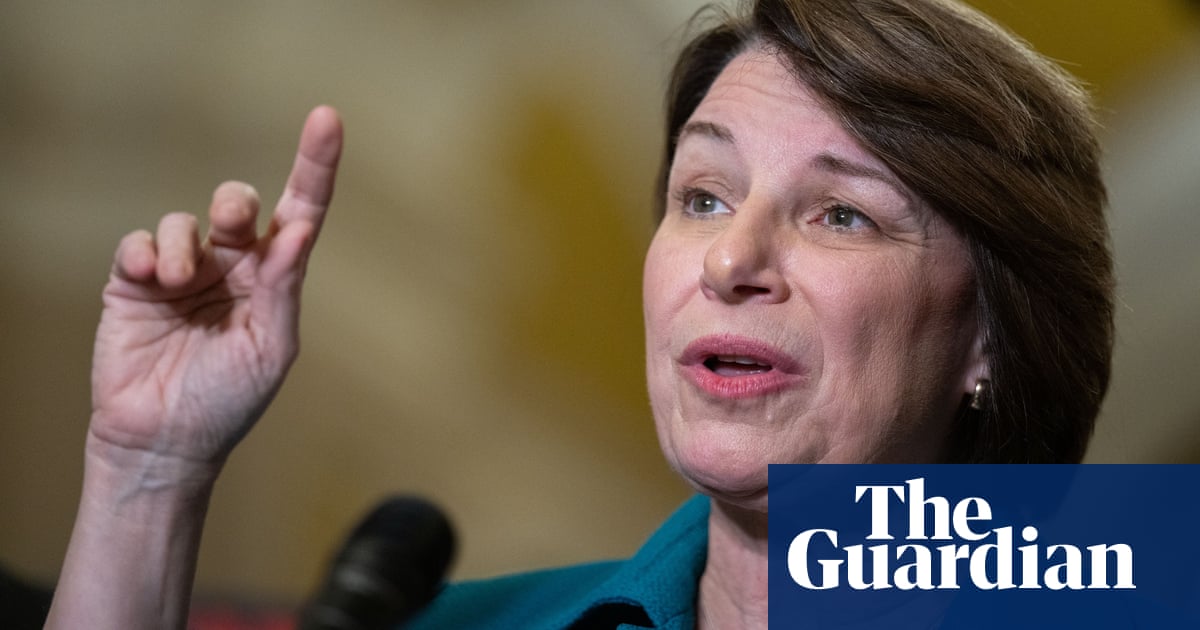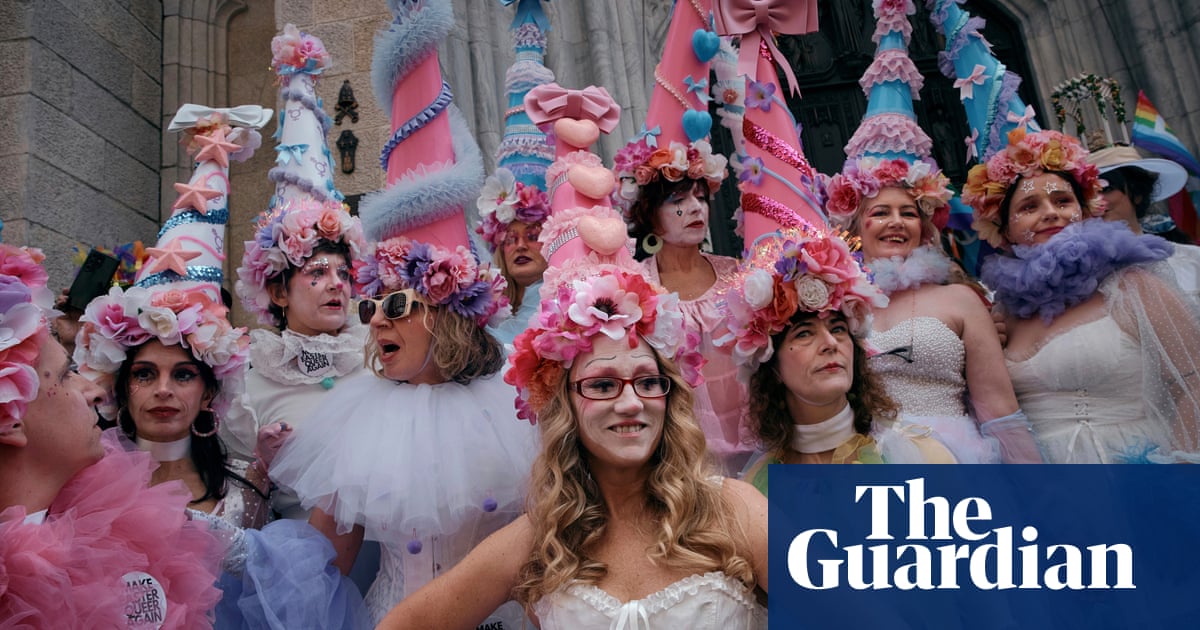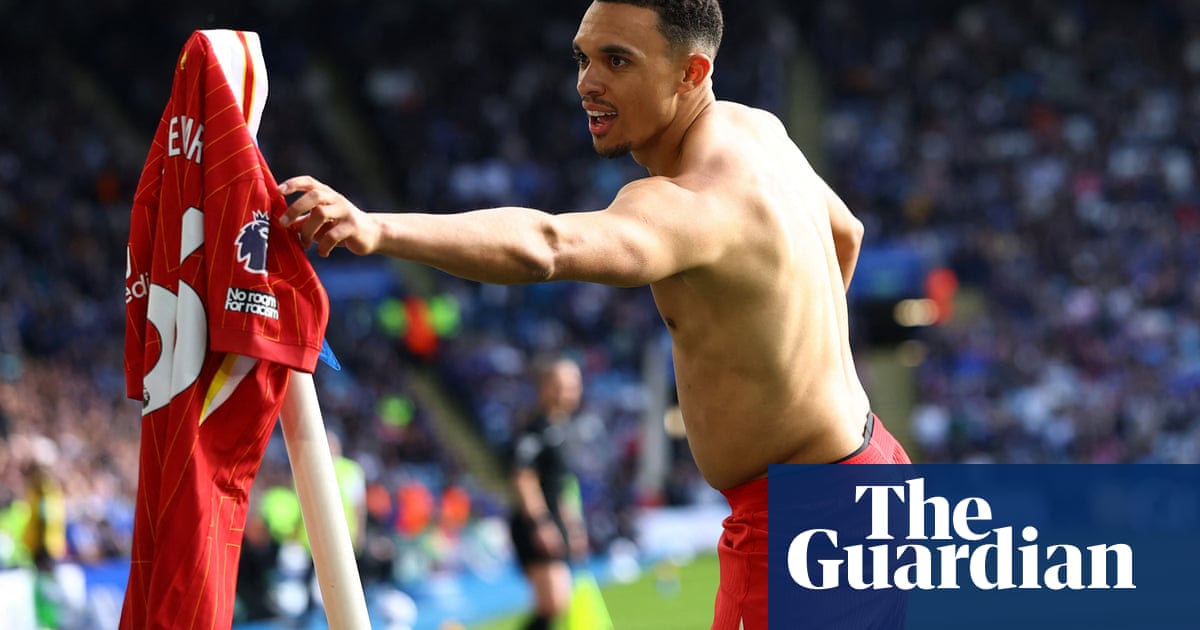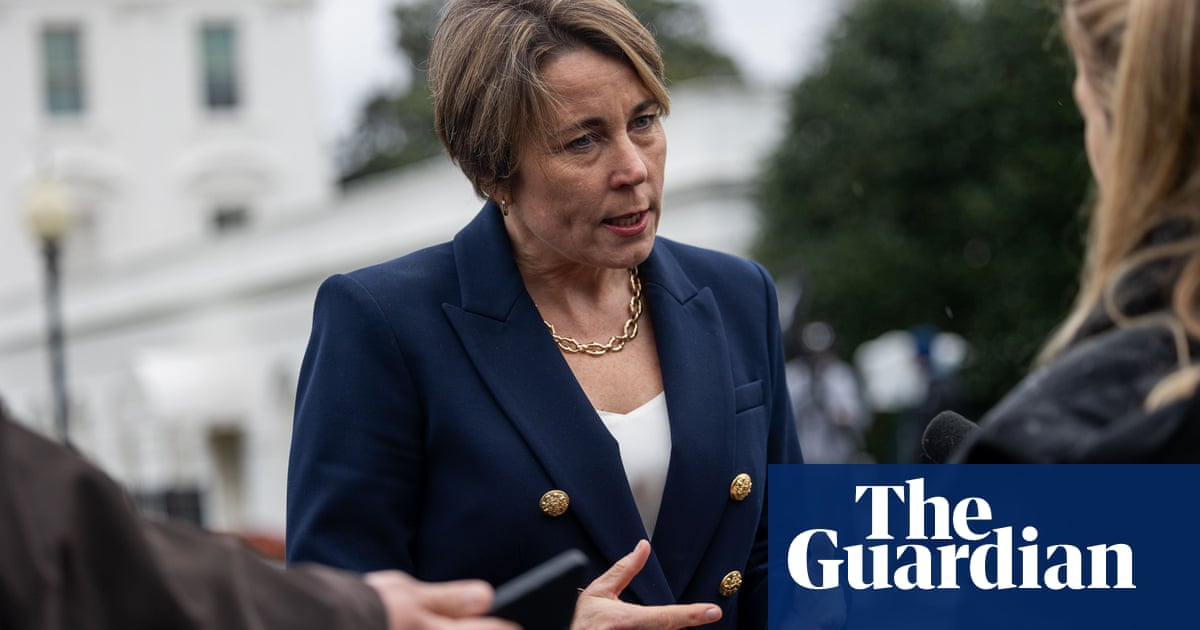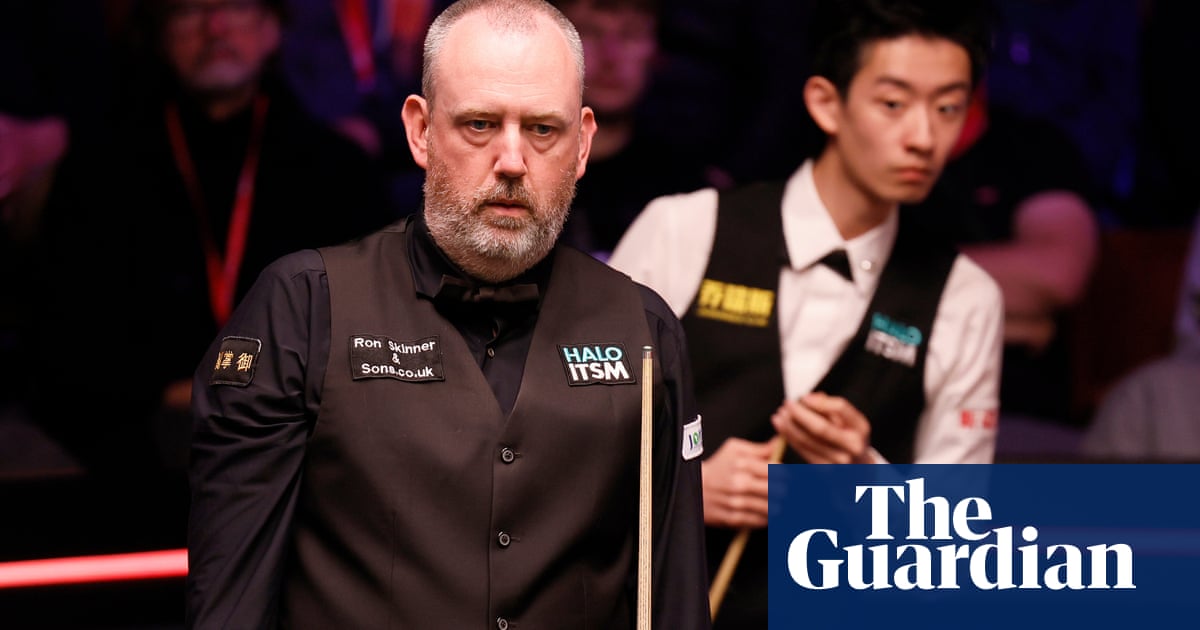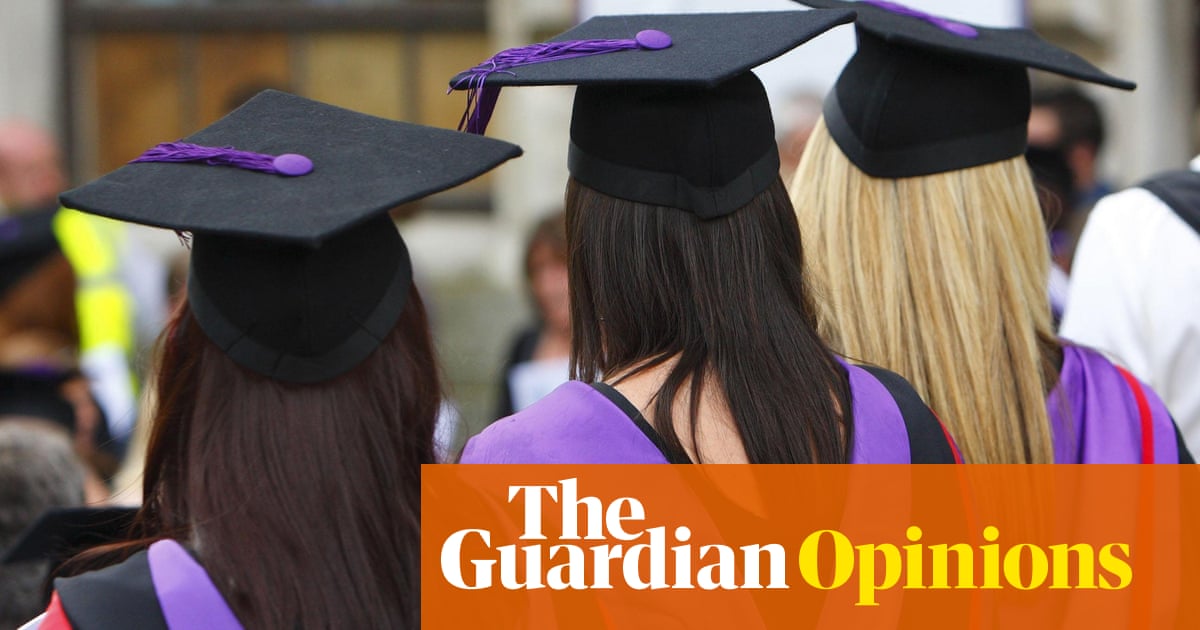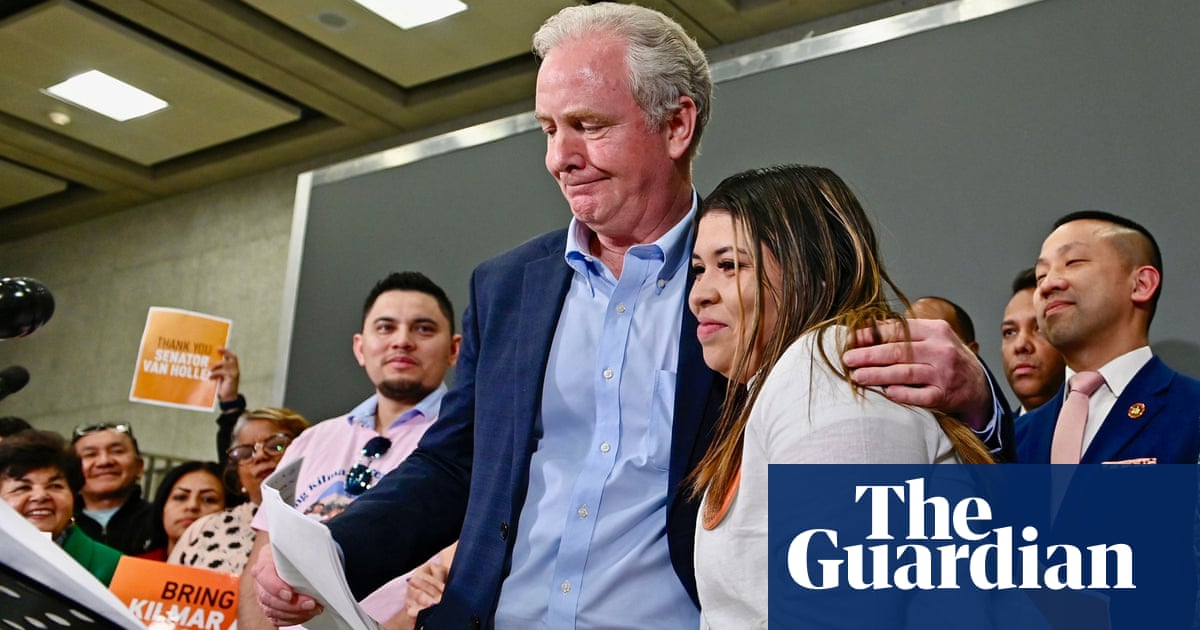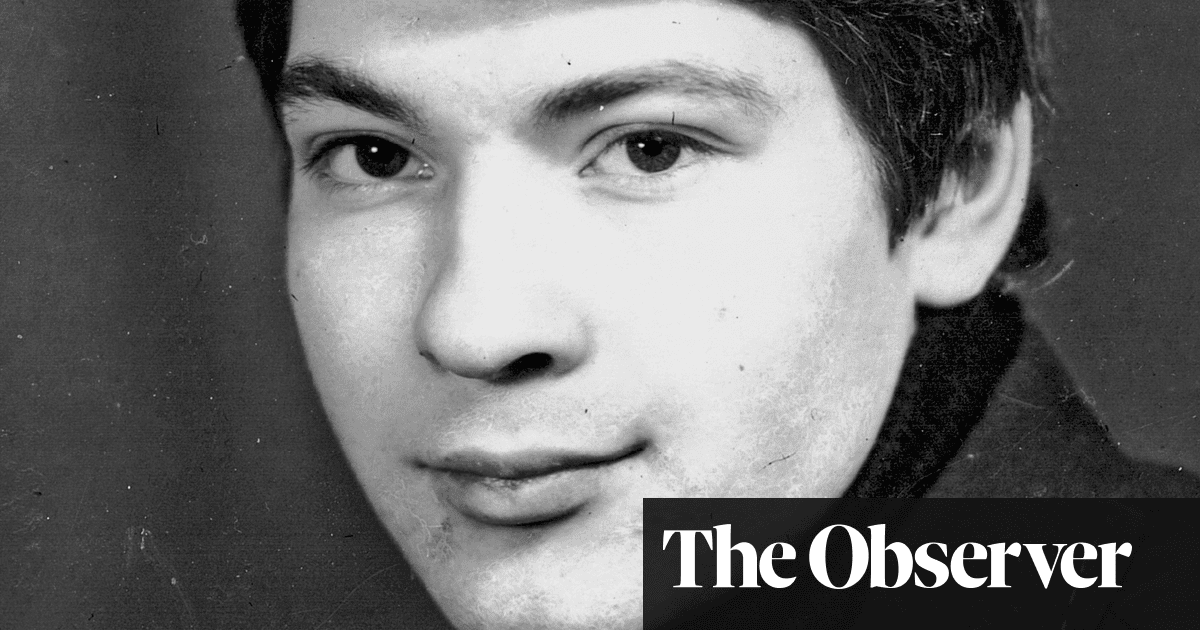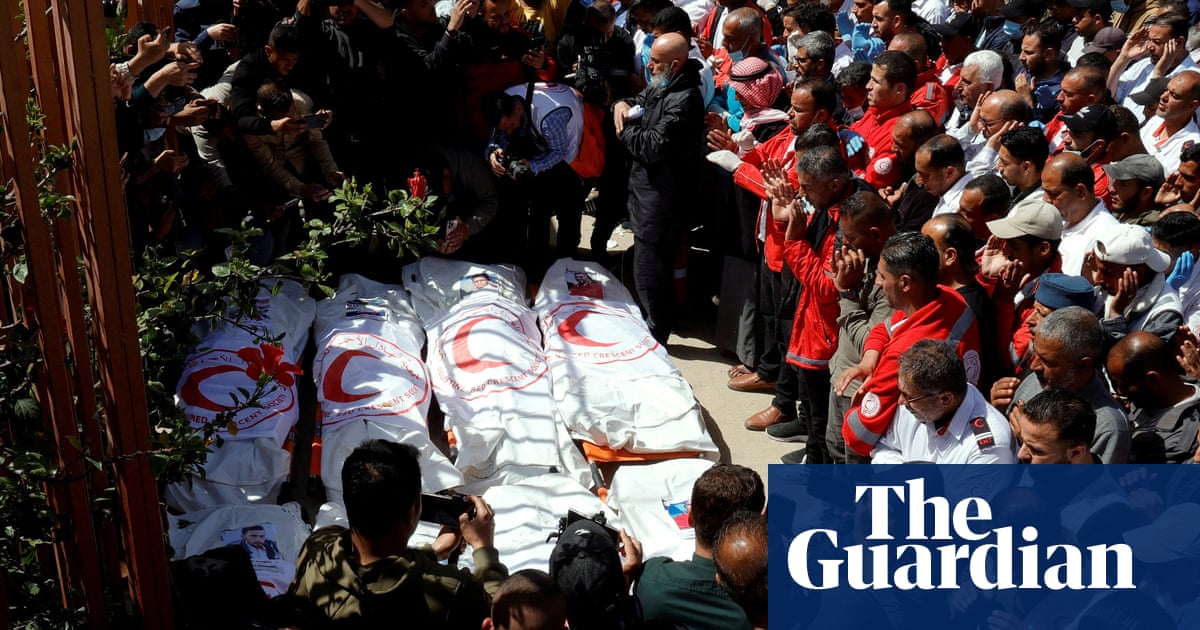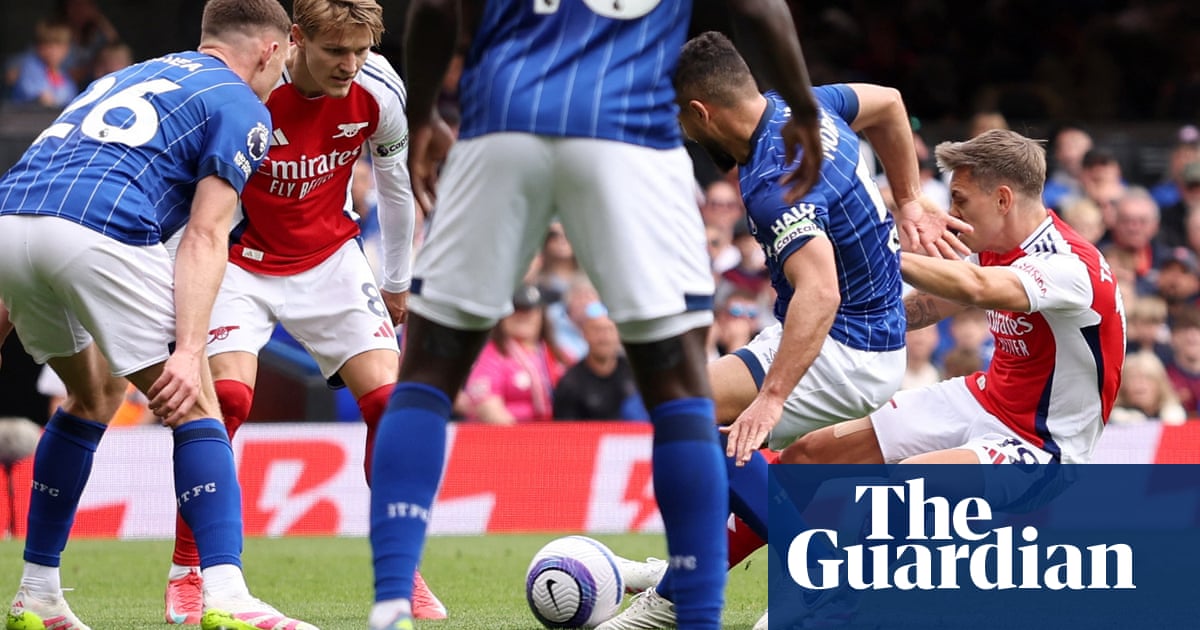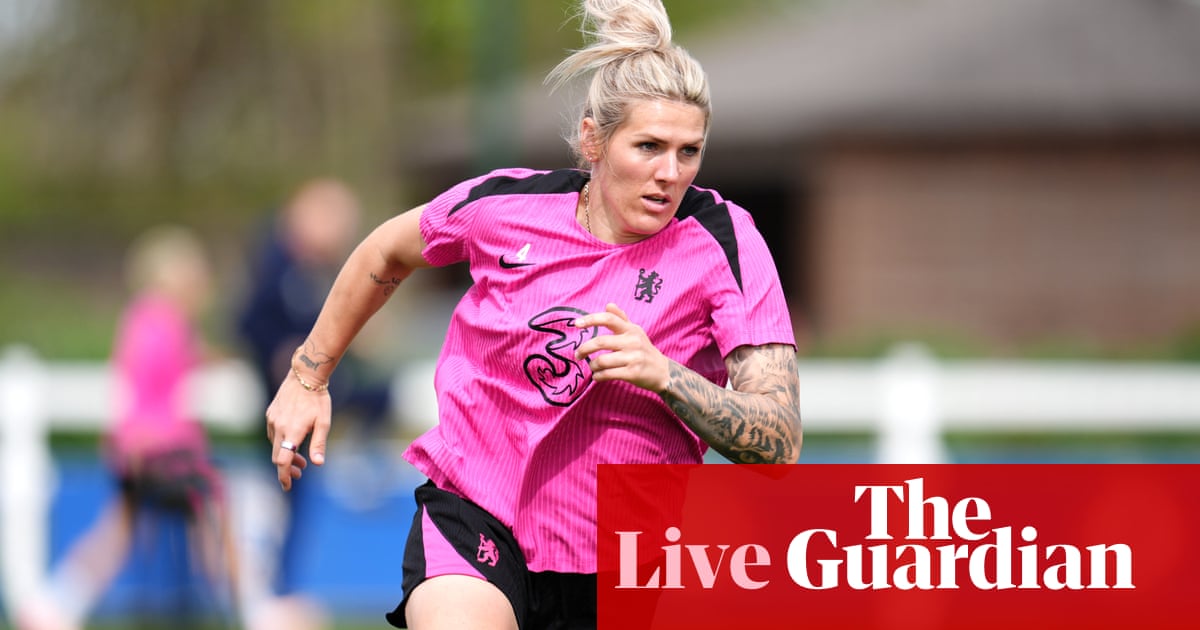Mark Carney, the “rock star central banker” who navigated a string of financial crises and became a leading global voice on the economic risks of climate change, has rapidly emerged as a favourite in the race to lead Canada’s Liberal party.
But the steepest challenge for Carney, a fixture at international summits and company boardrooms, may be getting ordinary Canadian voters – even those within his own party – to recognize him.
Carney, who served as governor of both the Bank of Canada and the Bank of England, will announce his candidacy to replace Justin Trudeau, at an event in Edmonton late on Thursday. He is the first serious contender to enter the race, the winner of which will replace the outgoing prime minister as the Liberal party leader and, perhaps briefly, the next prime minister of Canada.
Despite his high international profile, Carney – like his rivals in the leadership contest – has little name recognition within Canada.
Polling this month by Abacus Data found that when shown a picture of Carney, 76% of Canadians could not identify him. Chrystia Freeland, the former finance minister, who is seen as Carney’s main competitor, fared much better: 51% recognized her when shown a photo.
Carney could perhaps take comfort in the fact that the dismal result was in fact an improvement on a previous poll in July, when 93% of respondents were not able to name him.
The result suggests Liberals may have much work to do in a short period of time.
“There’s a chance that when the new Liberal leader is announced and they become PM, more Canadians will be familiar with and recognize the Leader of the Opposition than the Prime Minister,” David Coletto, the head of Abacus Data, wrote in a post on social media.
So far, MPs Chandra Arya and Jaime Battiste and the former MP Frank Baylis are the only candidates to have officially joined the contest. Virtually all cabinet members have declined to run, citing the need to focus on tariffs imposed by the United States in the coming days. Freeland is expected to enter the race later this week. Liberal party members who are permanent residents or citizens and above the age of 14 are eligible to vote for the leader, who will be selected 9 March.
The Alberta capital where Carney will launch his bid is a Conservative stronghold, but it is also where Carney spent his early life, after he was born in the small community of Fort Smith, Northwest Territories. That story helps frame him as both a westerner and a northerner – valuable political identities in a country riven by geography.
Carney’s entrance into the race is a coup for Liberals who have for years tried to lure the former central banker to run as a federal party candidate. Trudeau also tried to recruit Carney as his minister of finance as recently as December, a failed gambit that saw him lose his close ally Freeland in the process.
On Wednesday, Liberal MP George Chahal endorsed the 59-year-old economist, describing Carney not as a “career politician” but instead as a”great public servant who sought elected office after an accomplished career”.
That framing was seen as an attempt to blunt attacks from rival Conservatives, who have painted all the contenders as “Just Like Justin” – carbon copies of the country’s unpopular leader.
But the Tories, who lead in national polls, have focused their attacks on the banker, calling him “Carbon Tax Carney” in an attempt to link him to the country’s carbon levy, which the Conservatives have pledged to scrap.
Carney soft-launched his campaign this week with an appearance on The Daily Show, introducing himself to a United States audience amid an increasingly fractious bilateral relationship.
Carney defended Canada’s independence – a nod to Donald Trump’s threat that the United States would annex its northern neighbour. He joked that the countries could be “friends with benefits” but soberly noted that Canada needed to prepare for a sustained trade dispute.
Carney also defended the carbon tax – a policy that has become increasingly divisive against the backdrop of inflation and a cost-of-living crisis.
“For Canada, what we need to do is make sure that we’re addressing [climate] issues, doing our bit,” said Carney. “But we need to do it in a way that Canadians today are not paying the price.”
Afterwards, some Canadian commentators mused about the decision to appear on a US show.
“Others wonder whether he can perform better on a stage bigger than a New York television set after watching speeches he delivers to conferences in big ballrooms fall flat,” wrote a Toronto Star political columnist. “Since Trudeau announced last week he would resign, Carney has been talking to Liberals but not a broader audience of Canadians, addressed no questions from media in this country, and let his name float unanchored in any firm declaration.”

 3 months ago
46
3 months ago
46
